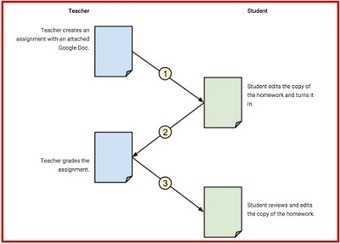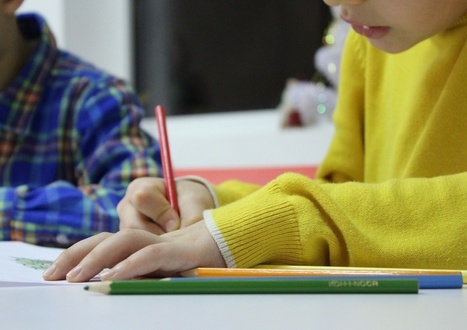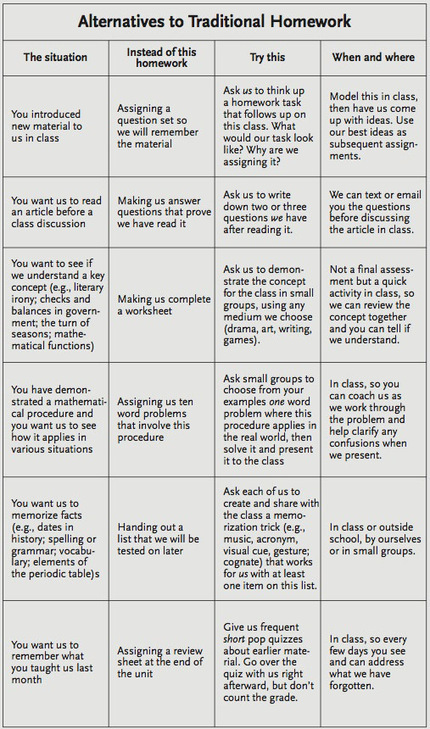Plagiarism seems like a clear-cut crime: if the words of another author appear in one’s writing without appropriate attribution, that writer has “stolen” those words. U.S. higher education institutions take the offense seriously: minor cases often result in probation, suspension, or expulsion. This black-and-white perspective toward plagiarism, however, does not effectively identify, prevent, or resolve writing issues.
Plagiarism may flag instances of knowledge gaps or poor writing skills rather than malicious intent. In order to avoid academic conduct hearings involving your students, consider how the design of writing assignments can detect writing issues before they evolve into serious academic conduct issues. Consider these four strategies to help “plagiarize-proof” your course.
Research and publish the best content.
Get Started for FREE
Sign up with Facebook Sign up with X
I don't have a Facebook or a X account
Already have an account: Login
Literacy in a digital education world and peripheral issues.
Curated by
Elizabeth E Charles
 Your new post is loading... Your new post is loading...
 Your new post is loading... Your new post is loading...
|
|






















